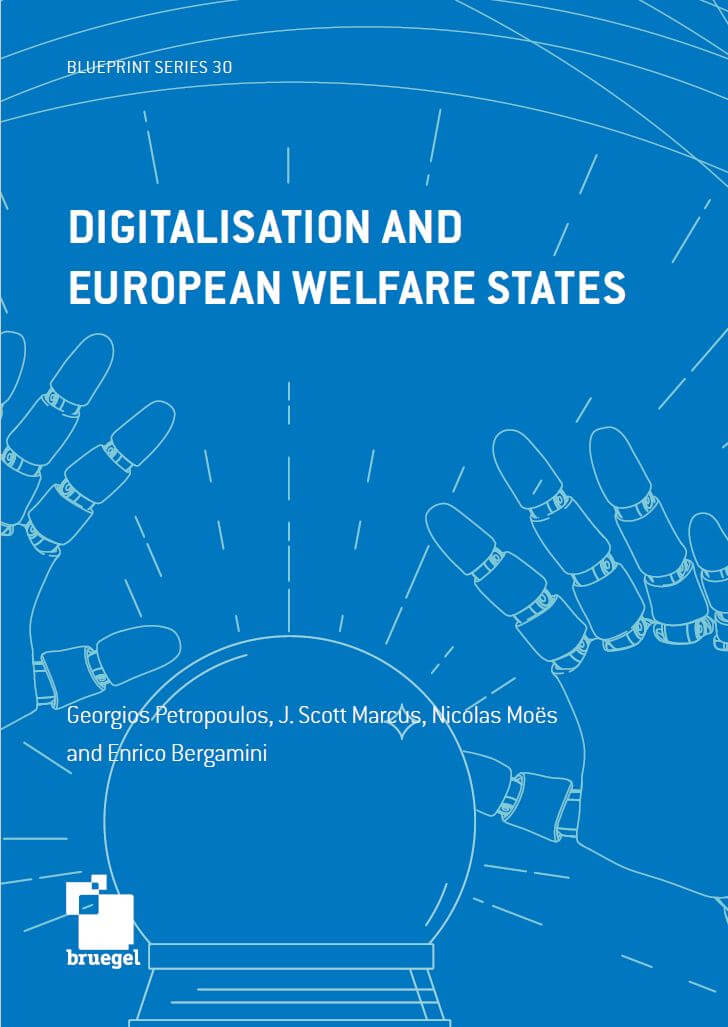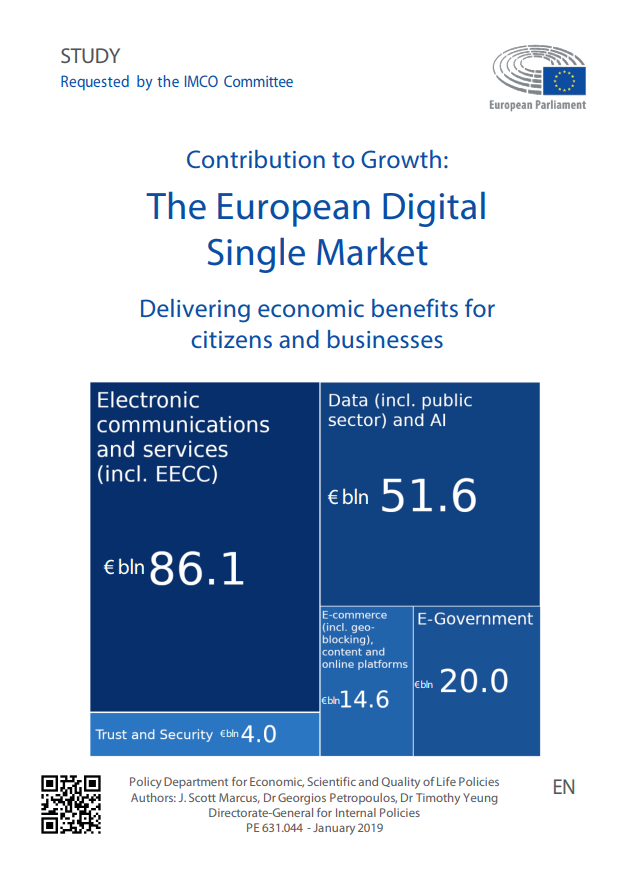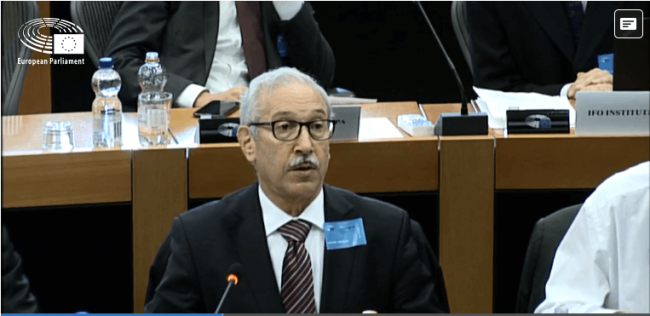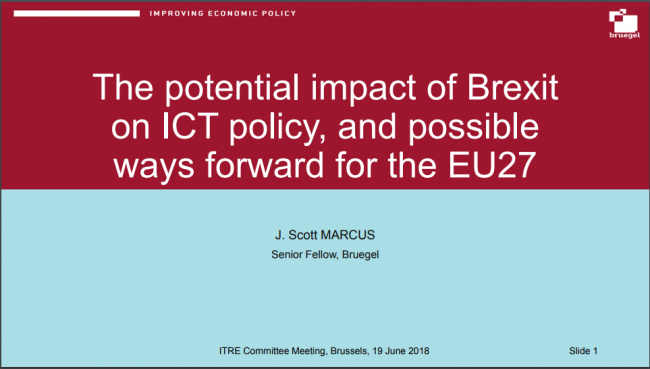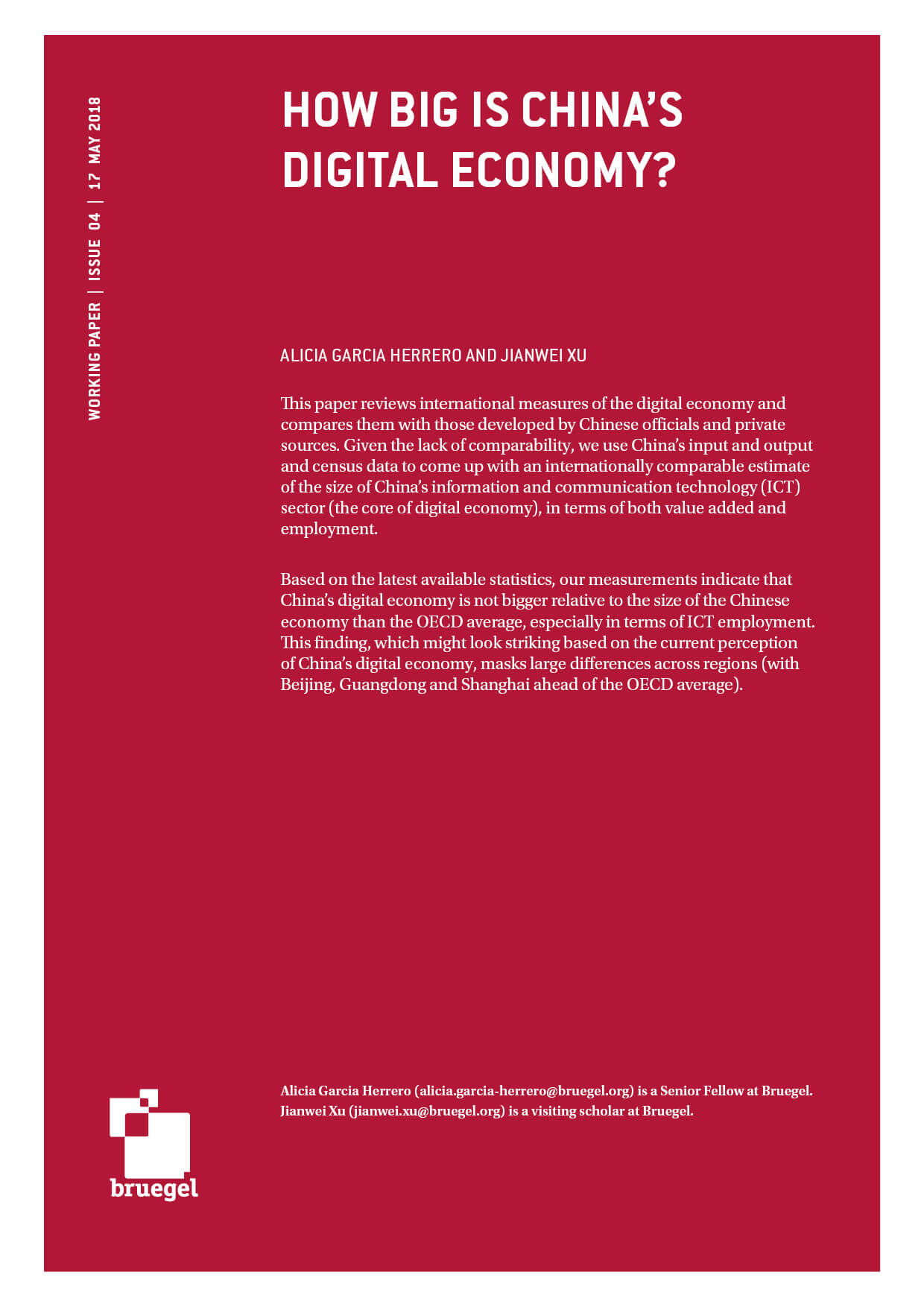Opinion
Cold water on Europe’s digital dream
Cold water has been poured on Europe’s digital dream on Wednesday this week. The decision that European Commissioner for Competition Joaquín Almunia just announced, the conditional clearance of the Telefonica/E-Plus merger in Germany, could be the worst of his entire term.
This Opinion was published by Handelsblatt on 4th July 2014.
Cold water was poured on Europe’s digital dream on Wednesday this week. The decision that European Commissioner for Competition Joaquín Almunia just announced, the conditional clearance of the Telefonica/E-Plus merger in Germany, could be the worst of his entire term. It might not only imply higher prices for German users. It could have painful consequences for all European citizens, dispelling hopes of a “connected continent” where cheap and reliable access to fast telecom services would be guaranteed everywhere to everyone in Europe.
The Telefonica/E-Plus decision reduces the number of mobile network operators from four to three in Germany, where users are already charged amongst the highest tariffs in Europe. The decision relies on remedies that will not prevent price increases and will not incentivise future investment in new infrastructure. The decision is a landmark because it sets a dangerous precedent: that a significant reduction in competition is acceptable, despite weak remedies offered by the merging companies. It opens the door for a new consolidation wave in other European national telecom markets.
When assessing a merger the Commission needs to answer a simple question: will the merger harm consumers? Finding the right answer entails the appraisal of a tradeoff: the reduction in competition might be compensated for by other effects, such as a reduction in costs because of a more efficient allocation of network capacity, or a greater incentive to invest in new infrastructure, which can benefit users through higher quality of service or even lower prices. This is normally not an easy call for the Commission. But in the Telefonica/E-Plus case, all indications seem to point to a setback for consumers and an unexpected victory for operators’ shareholders.
According to the comments of antitrust officials reported in the press, price rises as a consequence of the merger could be up to 17 percent for an average mobile plan, with peaks of up to 37 percent in the pre-paid market, in which the two companies have a market share of approximately 60 percent. To counter such effects, the Commission will require the parties to release up to 30 percent of their wireless spectrum capacity to “virtual operators” that is mobile operators that do not have their own network but purchases network access wholesale. According to the Commission, currently Telefonica holds approximately 15 percent of the German market. The merger between the two will create the biggest network operator in Germany with around 30 percent market share. Releasing 30 percent of the capacity of the new company will therefore amount to approximately 9 percent of the market. Even in the most optimistic scenario where one virtual operator would buy access to the total spectrum divested, it seems unlikely that it will be able to guarantee the same level of competition that existed before the merger with slightly more than half of the market capacity previously supplied by Telefonica.
A virtual operator, moreover, cannot be expected to impose the same competitive threat as a network owner, which is in full control of its future business strategies. Network owners can, for example, price more aggressively today while planning to expand the network in the future. The virtual operator’s access to the network is guaranteed by the merger remedy, but the virtual operator nevertheless remains dependent. When the remedy expires, it is unlikely that the virtual operator will access the network on the same conditions, and its ability to compete at retail level could be hampered.
The most puzzling aspect of the Commission’s decision, however, is the (non)existence of any value added from the merger from a user perspective, because the benefits of a larger network could be achieved in other ways. In several other markets (UK, Denmark, Sweden, to mention some) “network sharing agreements” allow users to access a bigger network as in the case of a merger. If well crafted, these agreements can ensure cost-savings and incentives for investment. However, since the operators sharing their network are still separate entities, they retain an incentive to compete at retail level. Therefore, consumers can still benefit from the wider network without necessarily experiencing higher prices. In the past Telefonica and E-Plus were reported to have engaged in talks to enter into a network sharing agreement. It would therefore have been plausible for the Commission to consider this as a most likely alternative scenario in the event of a prohibition of the merger.
From the perspective of operators, clearly a merger is more profitable. That should not concern the Commission; the Commission should just be concerned with finding the best way to incentivize investment while protecting users from price increases. With the Telefonica/E-Plus decision, the Commission is instead effectively encouraging all network operators in Europe to merge instead of entering into network sharing agreements, meaning less competition with no increased investment incentive.
The Telefonica/E-Plus decision is particularly unwelcome because it concerns one of the least competitive telecom, and most profitable mobile, markets in Europe. Until Europe has accomplished a uniform regulatory framework fostering cross-border competition, the cost of the Commission’s mistakes will be always be borne by national consumers.
Republishing and referencing
Bruegel considers itself a public good and takes no institutional standpoint.
Due to copyright agreements we ask that you kindly email request to republish opinions that have appeared in print to [email protected].

